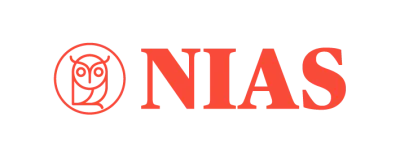Netherlands

Lucie White
The COVID pandemic revealed deep underlying challenges for the justification of public policy in a crisis. An unexpected crisis demands urgent, rapid action. But rapid action necessitates acting under severe uncertainty, with a limited idea of the implications of policy measures. This combination of urgency and uncertainty makes the ethical justification of policy measures very difficult. Normal procedures for policy justification require extended deliberation, or weighing people’s reasons for and against different policy options, or determining costs and benefits. All these lengthy procedures are ruled out in a crisis. But this shouldn’t mean that anything goes – drastic, crisis-containing policy measures are in particularly pressing need of adequate justification. My research aims to confront these challenges by exploring how we can find procedures or principles of justification implementable under urgency and uncertainty, and how we can avoid damaging public trust.
In 2025 I investigated these topics as a fellow of the Netherlands Institute of Advanced Study (NIAS) (project: Crisis and Catastrophe: Science-Based Policy Justification under Urgency and Uncertainty). I'm also the coordinator of the research theme Health, Science and Society.
Research question: How can we make justified policy decisions in a crisis, where we need to act quickly, but on limited and uncertain information?
In a crisis, we generally have to act very quickly. But acting quickly means acting under uncertainty. Uncertainty can pose a lot of problems for policymaking – it’s difficult to see what the implications of policies will be, and thus to choose between options, and to justify our choice. It’s hard to see how to hold policymakers responsible, if they’re not in a position to tell what the consequences of their decisions will be. And where policymakers are departing from their usual, slow, reliable procedures, it can be more difficult to trust them.
But justification, responsibility and trust are indispensable, even – perhaps particularly – in a crisis. My research here will thus centre around three questions:
1) What procedures or circumstances legitimize policy action in the face of severe uncertainty?
2) What are the responsibilities of scientific advisors and policymakers when acting on highly uncertain information?
3) How can we retain public trust in scientific expertise and scientific advice under uncertainty?
Autonomy; Biomedical Ethics; Technology Ethics; Applied Ethics; Theories of Personal Identity; Normative Ethics; General Philosophy of Science
